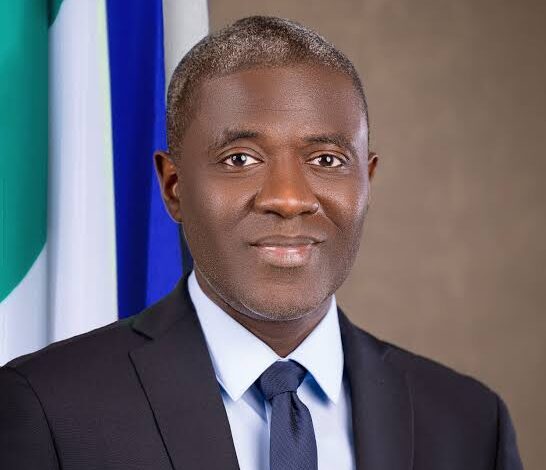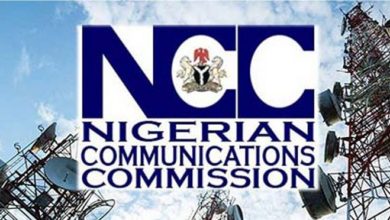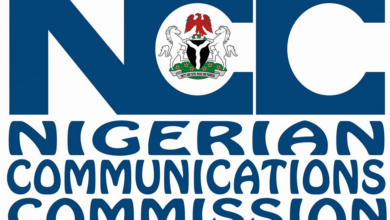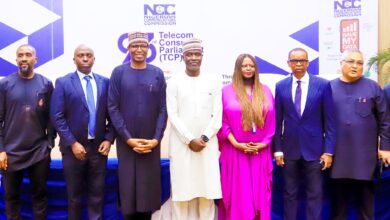Public Hearing Demonstrates Our Commitment To Transparency, Inclusivity- Maida

The Executive Vice Chairman/CEO of the Nigerian Communications Commission (NCC), Dr. Aminu Maida, has emphasised the importance of public hearing, saying it demonstrates the Commission’s commitment to transparency and inclusivity, ensuring that the opinions of all stakeholders are heard and taken into account.
Maida who said this during his opening address at the ongoing two-day public hearings in Abuja, focusing on three crucial regulatory instruments of the NCC, also reaffirmed the Commission’s dedication as the independent regulatory authority for the telecommunications industry in Nigeria to promoting an efficient, accessible, and competitive telecom sector.
Maida explained, “These regulatory instruments play a critical role in shaping our communications landscape, and it is imperative that we review and refine them to address emerging challenges, trends, and opportunities.
“The instruments under consideration during this public inquiry are essential in ensuring that the communications sector meets the demands of the ever-evolving digital age.”
“The first regulatory instrument on our agenda today is the Telecommunications Networks Interconnect Regulations. Interconnection is crucial for enabling seamless communication between different networks and fostering the growth of the communications industry in Nigeria.
“This review is necessary to keep up with technological advancements, promote competition, safeguard consumer interests, align with international standards, and enhance regulatory efficiency in the industry.”
“The second instrument to be reviewed is the Guidelines on Procedure for Granting Approval to Disconnect Telecommunications Operators.
“As the industry evolves, there are instances where disconnecting operators becomes necessary.
“These guidelines outline the procedural framework for granting such approvals, ensuring that disconnections are carried out transparently and accountably.”
“Lastly, we will be reviewing the Guidelines for Dispute Resolution. Disputes are inevitable in any industry, and having a robust framework to resolve them is crucial.
“These guidelines aim to provide a clear and transparent mechanism for resolving conflicts within the communications sector, promoting timely resolutions and fair treatment of stakeholders.”
Maida emphasized the importance of evaluating and improving these guidelines as disputes arise to ensure their effectiveness in resolving conflicts and maintaining a stable telecommunications ecosystem.
He encouraged participants to engage in meaningful and constructive discussions that reflect the current needs and challenges of the Nigerian communications industry, stating that their inputs will be invaluable in shaping the future of the sector.
“By working together, we can create an environment that fosters nnovation, promotes fair competition, and ultimately serves the best interests of all stakeholders,”
Source: Newsshelve.com




